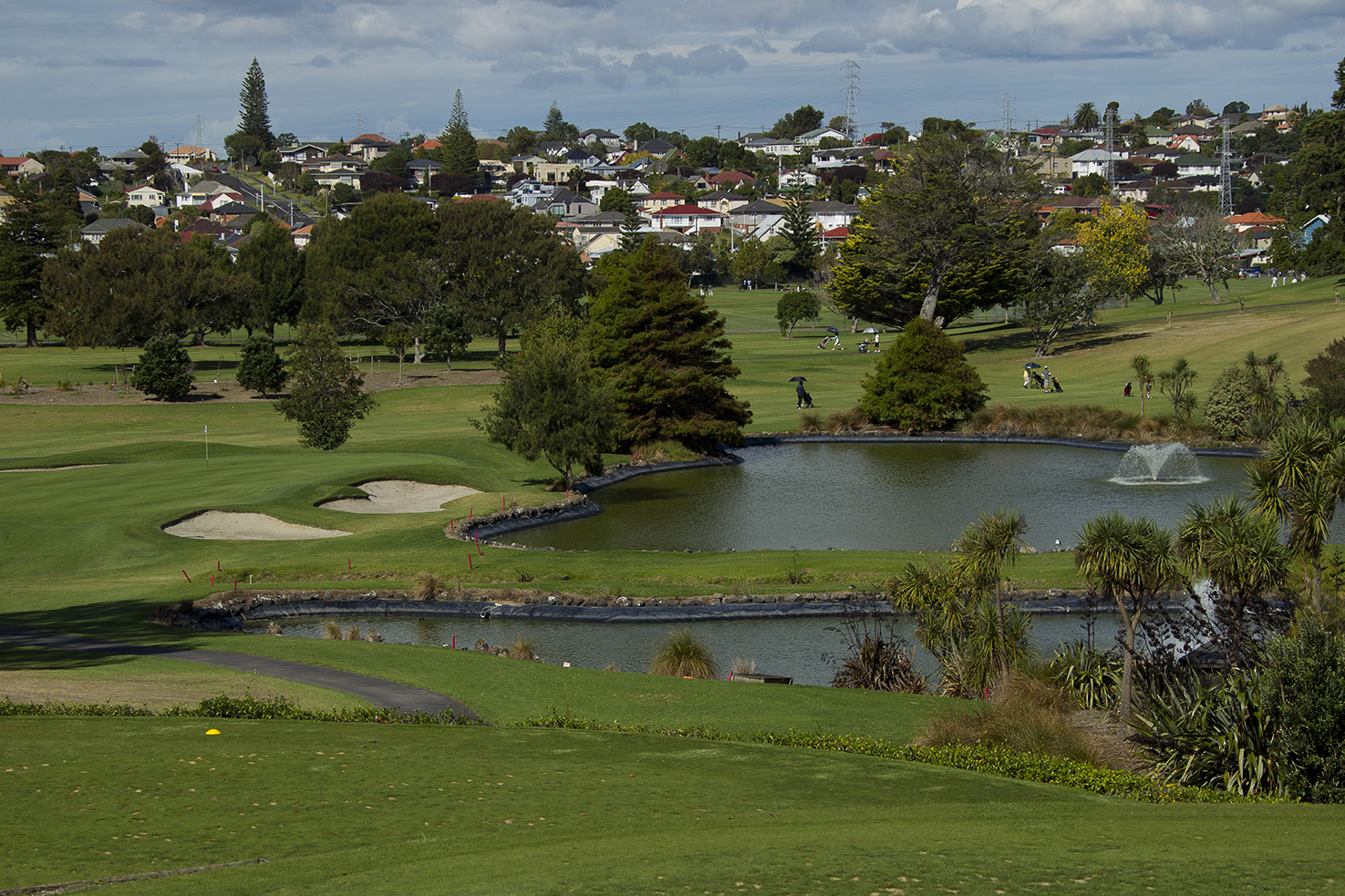Over the last year, we have seen several local body authorities across the country look at the option of closing or reducing golf courses for housing or other infrastructure. I have provided some commentary back to this in past articles. There is no doubt the issues that cities are trying to resolve are significant and that an ongoing investigation into the best use of space is important. The investigation requires balance and full understanding, something that doesn’t seem to occur when discussing golf and golf land. Generally, the perceptions of the game internationally create bias. These perceptions aren’t overly applicable when you apply them to a New Zealand context. The idea that golf is only for the wealthy is almost laughable in New Zealand. Particularly when you consider over half of our facilities are completely voluntary and the vast majority are not for profit entities. This is just one of many ill-informed perceptions of our game. Another is the value of our facilities. As golf mobilises to advocate for the positive things we do, arguments around keeping courses in their present state or increasing investment into them for the enjoyment of a perceived, small number of people in the community are not holding up. Particularly when the pressure of rapidly growing populations and return on investment becomes important. There are other discussion points for the value of our facilities and I have spoken to these in the past. This article focusses on another one of the major benefits that our facilities provide to their local community that may not have anything to do with golf itself.
In 2016 169,454 New Zealanders, or 3.6% of the population, accessed mental health services. The trend of those seeking mental health services has increased over each year since 2012. According to the World Health Organisation, depression now is the world’s leading cause of disability. As New Zealanders become more aware and more accepting of the ability to talk about mental health issues, it is likely the trend of those seeking help will continue to increase. The media campaign involving Sir John Kirwan has given a face to a community issue that has been kept in the shadows for some time. Golf courses are aiding in the improvement of mental health for the local community purely by the nature of their existence. There is evidence to show that providing a community green has remarkably positive benefits for the mental health of communities. This is without looking at the positive social cohesion that occurs when people play on the course or access the clubhouse.
Green space within cities has decreased while the size and populations of cities have increased rapidly. The reason that this is important is that research shows there is a positive correlation between the levels of greenspace and the mental health and wellbeing of a community. Greenspace was a term that was introduced in the 19th century with the belief that these areas helped with the health of those within the area.[1] Individuals have less mental distress, anxiety and depression, while having greater wellbeing and healthier cortisol levels when living in urban areas with access to green space. This is even after taking into consideration socioeconomic differences.[2] According to research, the benefits of being in a green space are varied and positive. The benefits include sensory-perceptual and immunological processes, air quality improvements, the physical activity, stress and social integration.[3] The World Health Organisation has backed up the research by stating the importance of green spaces to mental health.
The theory of why humans find benefit and a desire to connect with nature due to the savannah landscapes humans evolved in is called Biophilia. The theory says that people may still experience positive emotions in natural environments due to our ancestors originally coming from savannah type landscapes. This may be why being in green spaces has been linked to improved physical and mental health in all socio-economic groups and both sexes[4] and that moving to greener residential areas has been linked with mental health improvements.[5]
Golf courses offer greenspaces and refuge within the ever-increasing urban environments. As an industry we should openly engage with our community to ensure greater access and use of this space. The benefits of linking with the community as well as aiding the improvement of mental health of its people can only be a positive thing. As shown over the last couple of years, history, usage rates, and benefits of the sport are not enough of a reason to keep a facility open or achieve greater investment from Councils. Discussions in the last two articles covering environmental and economic impact and this article covering mental health issues are steps in the right direction to understanding and articulating the true value of our facilities to New Zealand.
Mental health is becoming a growing concern within our society and the disease does not discriminate between sex, age, or socio-economic levels. Green Spaces, and by default golf clubs, have a positive effect on peoples’ mental health. Golf clubs have a lot to offer local communities that goes beyond a space to play the game we all love.
[1] Barton and Rogerson “The Importance of Greenspace for Mental Health” BJPsych Int. 2017 Nov; 14(4): 79–81
[2] Maas et al 2009
[3] Barton and Rogerson “The Importance of Greenspace for Mental Health” BJPsych Int. 2017 Nov; 14(4): 79–81
[4] Tiguero-Mas et-al 2015
[5] Alcock et al 2014
Carl Fenton is the Sector Relationship Manager – NZ Golf Inc.



















